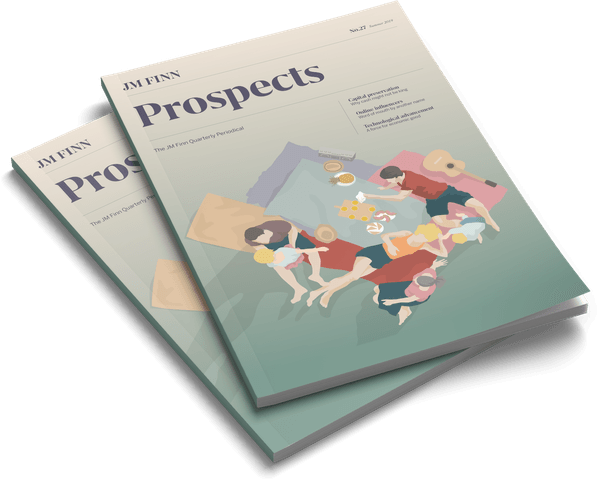A distinguished panel, which comprised the BBC Security Correspondent, Frank Gardner, a senior ex-police officer who had been involved in Counter Terrorism, an American lawyer specialising in technology who divided his time between London and Los Angeles, and our own Jon Cosson, who is presently studying for his PhD in cyber crime, covered a wide range of security issues pertinent to us all.
The biggest change that has been wrought in this all encompassing field has been through the development of information technology. Whether it is the jihadist terrorist seeking to add to his followers through social media, or the hacker harvesting our personal information for financial gain, or organised crime using the dark web to barter ill gotten goods, technology is now playing a crucial role amongst those who would seek to do us harm through attacking us physically or stealing our money.
If there was a positive message to be taken from what was otherwise a rather sobering event, it was that those combating terrorism and criminal elements are getting better at it using the same technology that has opened the door for cyber crime and enhanced opportunities for terrorists. In the end it seems to be down to us all to be vigilant and to protect ourselves as best we can from the efforts to separate us from our possessions. But with technology now deeply embedded in all our daily lives, I could not help but wonder what the consequences might be for future economic development.
Maintaining our security comes at a cost to us personally and to the business world, not to mention the price governments have to pay to keep their citizens safe. The situation has been thrown into relief with the news that the US government has ordered Google not to provide the Chinese telecoms giant Huawei with further assistance on operating systems. This could, of course, be largely attributed to yet another skirmish in the trade war that has erupted between China and America, but there appear genuine concerns that, if push comes to shove, Huawei’s sophisticated telecoms network could be pressed into service as a spying mechanism for the Chinese government.
Our esteemed editor, who opened the conference, was kind enough to make mention of the book I had written 25 years ago on the topic of how technology was changing the investment world. There are aspects of the book of which I am proud, most notably my slightly tongue in cheek predictions of how investment might look half a century from when I was putting pen to paper. A lot of the ideas I expressed did indeed come to pass in one way or another, but I was deficient in two areas. First, much of what I expected to happen by 2044 or thereabouts had already taken place, demonstrating that the pace of change continues to accelerate. Second, I did not expect financial crime to move into the technology sector in quite the way it has.
Being in the vanguard of technological advancement brings massive dividends.
That technology is a force for good economically speaking is a given. But it is not a one way street. Witness the devastation being wrought in our high streets and amongst our traditional, often big name, retailers. Being in the vanguard of technological advancement brings massive dividends. In the 1990s emerging Asia was viewed by many as where to place your investment bets. But over in America, technology was making huge forward strides and it was US markets that dominated the performance tables, at least until the bursting of the bubble in the early days of the new millennium. Even now American giants are the leaders in so many aspects of technology. The Sino/American trade spat probably has much to do with whether the US can maintain its role out in the front.
As for the security aspect of technological advancement, legislation is at last beginning to catch up with what is happening out on the corporate and criminal battlefields. The General Data Protection Regulation, or GDPR, seeks to shift the burden of looking after personal data squarely back upon the shoulders of the companies that supply us with the platforms on which so many of us choose to operate these days. Introduced last spring, it demands an opt in approach to how companies might use your data, a more straightforward approach to describing what is involved and heavy fines for non-compliance. Whilst generally welcoming this initiative, the lawyer on the conference panel was far from certain much had changed.
Perhaps the fine aspect will make a difference as social media platforms, faced with breaches in the management of the data they hold, could face fines of literally billions of dollars. This, and the need to ensure your systems are fit for purpose in both delivering to your customer base so far as expectations are concerned, as well as maintaining at all times a properly secure environment in which to manage your data, must be a new and, as yet, unquantifiable cost to business. If there is one further prediction I would make, it is that the speed at which companies fall in and out of favour is bound to increase, making the job of an investment manager that much harder. Who said life was ever easy?




